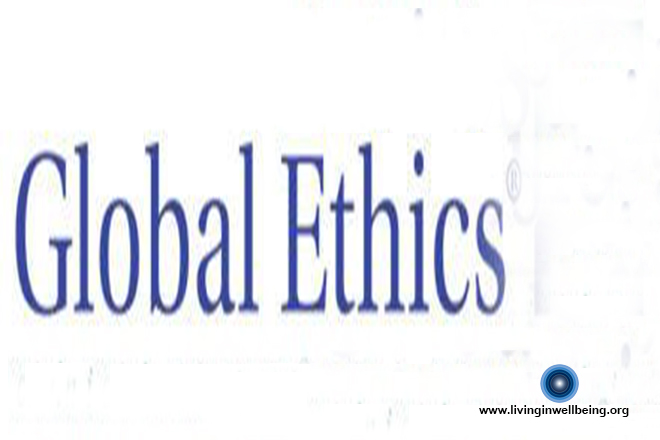
One of the biggest questions facing any company when opening operations abroad is exactly how to conduct their business practices in specific foreign commercial environments. And while many prominent business thinkers over the years have advocated a policy of “adaptive ethics†for their overseas activities, there is growing evidence that such an approach is actually counterproductive - and bad for business.
While historically many large enterprises have adopted a policy of foreign business ethics that adapt and conform to local practices, this inherently inconsistent approach to pursuing organizational success has been demonstrated to cost more than it gains, and to be unsustainable as a long-term strategy.
Reliability Succeeds
There is no disputing that the competitive environment for companies operating in foreign countries has never been greater than it is today. And as transportation infrastructure and information technology continue to improve and extend their reach, the struggle for overseas success only intensifies. But, this only underscores the need for an approach to foreign business ethics that adheres to one consistent standard.
Word travels fast in today's business environment, and when a company develops a habit of adopting a different set of ethical standards in each country where they've established a presence, it isn't too long before such a practice becomes generally known.
The truth is that when such a mode of operation becomes customary, the integrity of any company's global organization is seriously jeopardized. The reason is that nothing is more valuable to a business enterprise's bottom line than their reputation. And once this is damaged, rebuilding it is twice as hard, and unlikely to ever restore the level of customer trust as the original, unvarnished brand.
Consistency Builds Worth
What companies who are successful in multi-national operations over the long haul have discovered is that maintaining a dependably high ethical standard in all their locations is - quite simply - good business. Advancing consistently high foreign business ethics builds long-term shareholder confidence, as well as commercial value.
The fact that companies who follow such a business ethos tend to succeed illustrates that ethics and achievement are two sides of the same coin. Companies that maintain such an approach to their business operations communicate to everyone in the marketplace that they are committed to fairness and integrity in an undeviating manner - and the result is a level of confidence that attains the highest ratings with investors.
Indeed, consistently high standards for an enterprise's foreign business ethics also builds a positive internal culture as employees come to know that their honest, best efforts, are what will move them, and their companies forward. And the value to any company of such an honestly motivated and validated workforce is incalculable.
It Starts at the Top
Following a policy of uniform foreign business ethics can only work, though, if this message is firmly observed and supported by the highest officers of an organization.This requires not just an official code of conduct to be communicated company wide, but also calls for the hands-on involvement of the top decision makers.
The traditional policy of “hear no evil, see no evil†as long as production targets are met, will only serve to undermine long-term sustainability and employee morale. CEOs and company officers must be intimately involved in actual day-to-day operations in-order to establish an internal culture of transparency and compliance.
At the end of the day, building a growing and viable international business model has no stronger support mechanism than maintaining the highest level of honestly and uniformity in their foreign business ethics. This is the tried and true route to multi-national business success.












